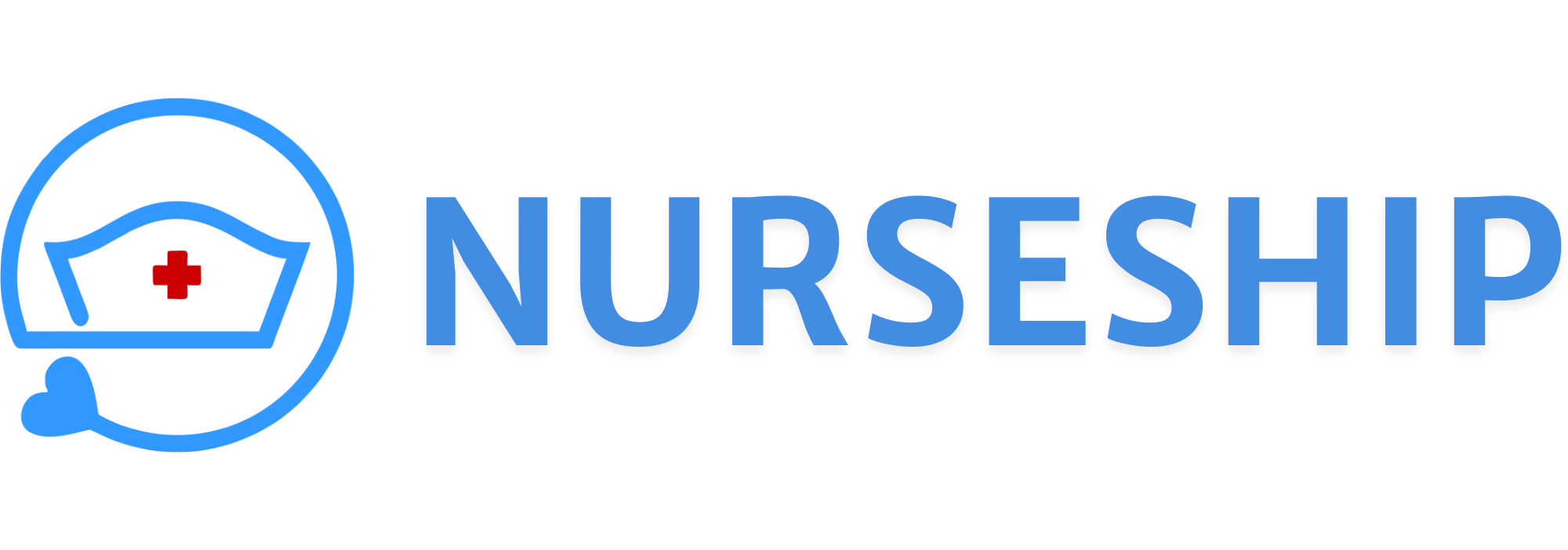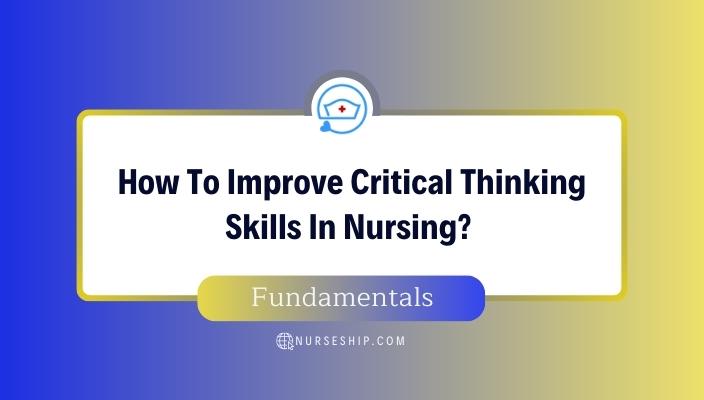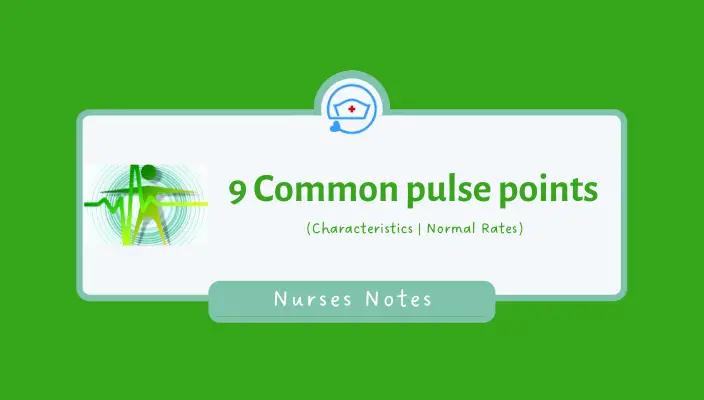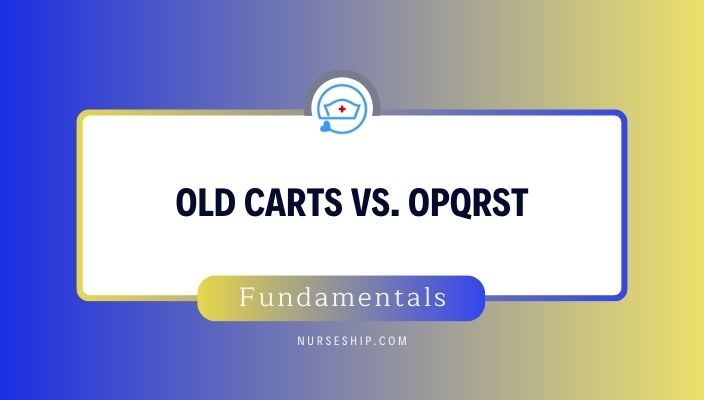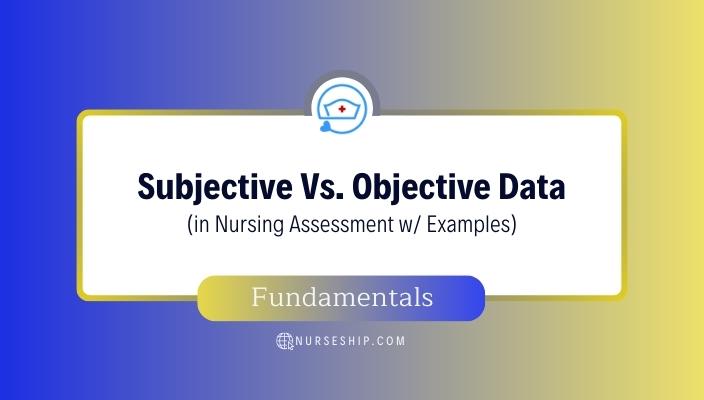Nurses play a critical role in making critical decisions that directly impact patient outcomes in the dynamic field of healthcare. Developing strong critical thinking skills is essential for success in this role.
In this article, we present a comprehensive list of 23 nursing-specific strategies aimed at improving critical thinking and improve the quality of patient care.
24 Strategies to improve critical thinking skills in nursing
You may also want to check out: 15 Attitudes of Critical Thinking in Nursing (Explained W/ Examples)
1. Reflective Journaling: Delving into Deeper Understanding
Reflective journaling is a potent tool for nurses to explore their experiences, actions, and decisions.
By regularly pondering over situations and analyzing their thought processes, nurses can identify strengths and areas for improvement.
This practice encourages the conscious development of critical thinking by comparing past experiences with current knowledge and exploring alternative solutions.
Example
After a particularly challenging case, a nurse reflects on their decision-making process, exploring what worked well and what could have been done differently.
2. Meeting with Colleagues: Collaborative Learning for Critical Thinking
Regular interactions with colleagues foster a collaborative learning environment. Sharing experiences, discussing diverse viewpoints, and providing constructive feedback enhance critical thinking skills.
Colleagues’ insights can challenge assumptions and broaden perspectives, ultimately leading to more well-rounded clinical judgments.
Example
A nursing team gathers to discuss a recent complex case, sharing their perspectives, insights, and lessons learned to collectively improve patient care strategies.
3. Concept Mapping: Visualizing Complexity
Concept mapping is an excellent technique to synthesize intricate patient information. By creating visual representations of patient problems and interventions, nurses can identify relationships and patterns that might not be apparent otherwise.
This strategy aids in comprehensive care planning and encourages nurses to think holistically about patient care.
Example
Creating a concept map to connect patient symptoms, diagnostics, and interventions reveals patterns that help the nurse formulate a comprehensive care plan.
4. Socratic Questioning: Digging Deeper into Situations
The art of Socratic questioning involves asking probing questions that lead to deeper understanding.
Applying this technique allows nurses to uncover assumptions, examine inconsistencies, and explore multiple viewpoints.
This approach is especially valuable when reviewing patient history, discussing conditions, and planning care strategies.
Example
When assessing a patient’s deteriorating condition, a nurse asks probing questions to uncover potential underlying causes and prioritize appropriate interventions.
5. Inductive and Deductive Reasoning: From Specifics to Generalizations
Developing skills in both inductive and deductive reasoning equips nurses to analyze situations from different angles.
Inductive reasoning involves drawing conclusions from specific observations, while deductive reasoning starts with general premises to arrive at specific conclusions.
Proficient use of these methods enhances nurses’ ability to make accurate clinical judgments.
Example
When encountering a series of patients with similar symptoms, a nurse uses inductive reasoning to identify a common pattern and deduce potential causes.
6. Distinguishing Statements: Fact, Inference, Judgment, and Opinion
Clear thinking demands the ability to differentiate between statements of fact, inference, judgment, and opinion.
Nurses must critically evaluate information sources, ensuring they rely on evidence-based practice.
This skill safeguards against misinformation and supports informed decision-making.
Example
While reviewing a patient’s history, a nurse differentiates factual medical information from inferences and subjective judgments made by different healthcare professionals.
7. Clarifying Assumptions: Promoting Effective Communication
Recognizing assumptions and clarifying their underlying principles is vital for effective communication. Nurses often hold differing assumptions, which can impact patient care.
By acknowledging these assumptions and encouraging open discussions, nursing teams can collaboratively create care plans that align with patients’ best interests.
Example
Before suggesting a treatment plan, a nurse engages in a conversation with a patient to understand their cultural beliefs and preferences, ensuring assumptions are not made.
8. Clinical Simulations: Learning through Virtual Scenarios
Clinical simulations provide nurses with a risk-free environment to practice decision-making and problem-solving skills.
These virtual scenarios mimic real-life patient situations and allow nurses to test different approaches, assess outcomes, and reflect on their choices.
By engaging in simulations, nurses can refine their critical thinking abilities, learn from mistakes, and gain confidence in their clinical judgment.
Example
Engaging in a simulated scenario where a patient’s condition rapidly changes challenges a nurse’s decision-making skills in a controlled environment.
9. Case Studies and Grand Rounds: Analyzing Complex Cases
Engaging in case studies and participating in grand rounds exposes nurses to complex patient cases that require in-depth analysis.
Working through these scenarios encourages nurses to consider various factors, potential interventions, and their rationale.
Discussing these cases with colleagues and experts fosters collaborative critical thinking and widens the spectrum of possible solutions.
Example
Nurses participate in grand rounds, discussing a challenging case involving multiple medical specialties, encouraging a holistic approach to patient care.
10. Continuing Education and Lifelong Learning: Expanding Knowledge
Staying up-to-date with the latest advancements in nursing and healthcare is crucial for effective critical thinking.
Pursuing continuing education opportunities, attending conferences, and engaging in self-directed learning keeps nurses informed about new research, technologies, and best practices.
This continuous learning enriches their knowledge base, enabling them to approach patient care with a well-rounded perspective.
Example
Attending a nursing conference on the latest advancements in wound care equips a nurse with evidence-based techniques to improve patient outcomes.
11. Debates and Discussions: Encouraging Thoughtful Dialogue
Organizing debates or participating in structured discussions on healthcare topics stimulates critical thinking.
Engaging in debates requires researching and presenting evidence-based arguments, promoting the evaluation of different perspectives.
Nurses can exchange insights, challenge assumptions, and refine their ability to defend their viewpoints logically.
Example
Engaging in a debate on the pros and cons of a new treatment method encourages nurses to critically analyze different viewpoints and strengthen their own understanding.
12. Multidisciplinary Collaboration: Gaining Insights from Various Disciplines
Collaborating with professionals from diverse healthcare disciplines enriches nurses’ critical thinking.
Interacting with doctors, pharmacists, therapists, and other experts allows nurses to benefit from different viewpoints and approaches.
This cross-disciplinary collaboration broadens their understanding and encourages innovative problem-solving.
Example
Collaborating with physical therapists, nutritionists, and pharmacists helps a nurse develop a holistic care plan that addresses all aspects of a patient’s recovery.
13. Ethical Dilemma Analysis: Balancing Patient Autonomy and Best Practice
Ethical dilemmas are common in nursing practice. Analyzing these situations requires nurses to weigh the principles of beneficence, non-maleficence, autonomy, and justice.
By critically examining ethical scenarios, nurses develop the capacity to navigate morally complex situations, prioritize patient welfare, and make ethically sound decisions.
Example
When faced with a patient’s refusal of treatment due to religious beliefs, a nurse evaluates the ethical considerations, respects autonomy, and seeks alternatives.
14. Root Cause Analysis: Investigating Adverse Events
When adverse events occur, performing a root cause analysis helps identify the underlying causes and contributing factors.
Nurses engage in a systematic process of analyzing events, exploring the “5 Whys” technique, and developing strategies to prevent similar occurrences in the future.
This approach cultivates a thorough and analytical approach to problem-solving.
Example
After a medication error, a nurse leads a root cause analysis to identify system failures and implement preventive measures to enhance patient safety.
15. Creative Thinking Exercises: Expanding Solution Repertoire
Encouraging creative thinking through brainstorming sessions or scenario-based exercises widens the range of possible solutions nurses consider.
By thinking outside the box and exploring innovative approaches, nurses develop adaptable problem-solving skills that can be applied to complex patient care challenges.
Example
Brainstorming creative approaches to comfort a distressed pediatric patient empowers a nurse to find innovative methods beyond routine interventions.
16. Journal Clubs: Fostering Evidence-Based Discussion
Participating in journal clubs involves healthcare professionals coming together to dissect recent research articles.
This practice ignites critical thinking by allowing nurses to evaluate study methodologies, scrutinize findings, and consider the implications for their practice.
Engaging in evidence-based discussions not only cultivates a culture of critical inquiry but also reinforces continuous learning.
Example
At the monthly journal club meeting, Nurse Mark engages in a discussion on a recent research article focusing on pain management strategies for post-operative patients.
The group analyzes the study design, scrutinizes the findings, and considers the potential implications for their practice.
During the discussion, Mark raises thought-provoking questions about the study’s methodology and suggests potential applications in their hospital’s patient care protocols.
This active participation in journal clubs not only refines Mark’s critical thinking but also instills evidence-based practices into his nursing approach.
17. Critical Reflection Groups: Collaborative Learning and Analysis
Similarly, establishing critical reflection groups, where nurses meet regularly to discuss experiences, cases, and challenges, fosters collective learning.
These sessions encourage the exchange of diverse perspectives, enriching the analysis process and ultimately enhancing patient care strategies.
Through shared insights and discussions, nurses can refine their clinical reasoning and broaden their problem-solving capabilities.
Example
Nurse Emma actively participates in critical reflection groups in order to broaden her clinical knowledge. During a recent meeting, the group tackled a difficult patient case with complicated symptomatology.
Emma suggests alternative diagnostic pathways based on her own experiences. Emma’s critical thinking skills are honed as a result of the group’s dynamic interaction, which also emphasizes the importance of collaborative decision-making in complex scenarios.
18. Mindfulness and Reflection Practices: Enhancing Self-Awareness
Mindfulness techniques, such as meditation and deep breathing, encourage self-awareness and a clear mind.
Engaging in these practices helps nurses become more attuned to their thoughts and emotions, leading to better self-regulation and improved decision-making during high-pressure situations.
Example
Engaging in mindfulness exercises before a demanding shift helps a nurse maintain focus, manage stress, and make clear-headed decisions.
19. Problem-Based Learning: Applying Knowledge in Real Scenarios
Problem-based learning involves presenting nurses with real-world patient cases and encouraging them to collaboratively solve the problems.
This approach bridges the gap between theoretical knowledge and practical application, fostering critical thinking through active problem-solving.
Example
Working through a simulated patient case challenges nurses to apply theoretical knowledge to practical situations, refining their clinical reasoning.
20. Self-Assessment and Feedback: Evaluating Decision-Making Skills
Regularly assessing one’s own decision-making process and seeking feedback from peers and mentors is essential for improvement.
Reflecting on past decisions, considering alternative approaches, and understanding the rationale behind them contribute to the refinement of critical thinking skills.
Example
A nurse evaluates their performance after a patient’s unexpected complication, seeking feedback from peers and mentors to identify areas for improvement.
21. Cultural Competence Training: Navigating Diverse Perspectives
Cultural competence training enhances critical thinking by enabling nurses to understand the diverse cultural beliefs and practices of patients.
This knowledge is vital for providing patient-centered care, as it encourages nurses to think critically about the unique needs of each individual.
Example
A nurse attends cultural competence training to understand the dietary preferences of a diverse patient population, ensuring respectful and patient-centered care.
22. Active Listening and Empathetic Communication: Gathering Insights
Active listening and empathetic communication with patients and their families enable nurses to gather comprehensive information about their conditions, concerns, and preferences.
This data forms the basis for critical analysis and informed decision-making in patient care.
Example
Through attentive listening, a nurse uncovers a patient’s underlying concerns, leading to an informed care plan that addresses both medical needs and emotional well-being.
23. Mentorship and Preceptorship: Learning from Experienced Professionals
Having a mentor or preceptor provides novice nurses with the opportunity to learn from experienced professionals.
Mentors guide critical thinking by sharing their insights, challenging assumptions, and offering guidance in complex situations. This relationship fosters growth and expertise development.
Example
A novice nurse gains valuable insight from a mentor, who guides them through complex cases, offering real-world wisdom and refining critical thinking skills.
24. Self-Assessment and Feedback: Evaluating Decision-Making Skills
Regularly assessing one’s own decision-making process and seeking feedback from peers and mentors is essential for improvement.
Reflecting on past decisions, considering alternative approaches, and understanding the rationale behind them contribute to the refinement of critical thinking skills.
Example
Nurse Sarah regularly takes time to assess her decision-making skills by reviewing past patient cases. After a challenging case involving conflicting symptoms, she reflects on her initial approach, the outcomes, and what she could have done differently.
She seeks feedback from her senior colleague, who provides insights on alternative diagnostic paths. Sarah’s self-assessment and feedback-seeking process enable her to identify areas for improvement and refine her critical thinking in similar situations.
See Also:
- Clinical Reasoning In Nursing (Explained W/ Example)
- 8 Stages Of The Clinical Reasoning Cycle
- What is Critical Thinking in Nursing? (Explained W/ Examples)
Conclusion
Enhancing critical thinking skills is an ongoing journey that transforms nursing practice.
Reflective journaling, collaborative learning, concept mapping, Socratic questioning, reasoning techniques, distinguishing statements, and clarifying assumptions all play integral roles in nurturing these skills.
By incorporating these strategies into their daily routines, nurses can improve their critical thinking skills.
Additionally, this will help nurses in navigating the complexities of the healthcare field with confidence, expertise, and the ability to make well-informed decisions that improve patient outcomes.
